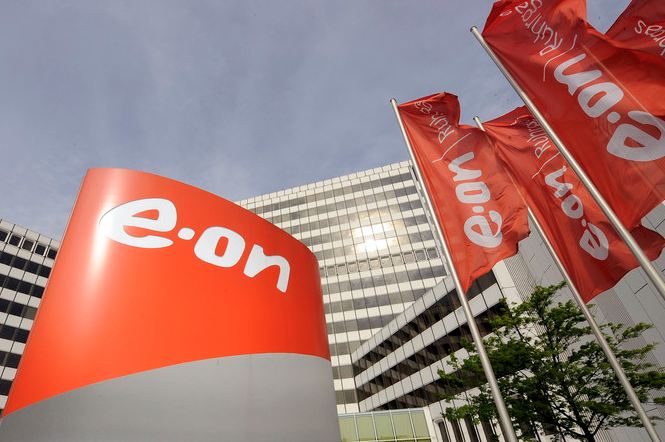“We need a new basic social consensus for the transformation of the energy system. The leap into the energy world of the future is a generational task. Business, politics, regulation – everyone is called upon to make a joint contribution to making Germany climate-neutral by 2050. For this to succeed, we need planning security and strong partnerships at all levels of society and across all corporate boundaries”. With these clear words, Thomas König, the E.ON Board member responsible for Europe’s energy networks, called for incentives and setting the course for more innovation in energy networks. In front of more than 120 representatives from politics and government, König discussed with high-ranking experts the challenges facing energy companies, policymakers, and regulators resulting from digitization, climate protection, and cross-sectoral energy system transformation.
König stated that an efficient infrastructure is indispensable for the success of the energy turnaround. Digital solutions are of enormous importance, particularly for efficient sector coupling and intelligent network management. König: “The basis for this is a comprehensively developed and powerful infrastructure. Without it, it simply won’t work – and if we neglect this important infrastructure in Germany, all digital approaches will come to nothing.”
In implementing the energy turnaround, Germany must become significantly faster and more ambitious, especially regarding planning and approval procedures, König said. These should be simplified and accelerated. Germany had lost its ‘middle ground’ in the wide range of possibilities for appealing against investments, and the common good must again take precedence over individual interests.
In order to better exploit the potential of renewable energy, the expansion of the grid and renewable energies must be better synchronized, and green electricity must be made more affordable. This is one of the prerequisites for extending the energy system transformation to heat and transport. König demanded that the opaque jungle of taxes, duties and levies be reformed and replaced by a market-based regulatory framework: A pricing of CO2 and a fundamental openness to technology would be superior to the individual regulations, which were now almost impossible to oversee. König also suggested correcting the currently contradictory legal framework: “The energy law framework today is still based on the old energy world, with very confusing structures and many, sometimes contradictory laws for the same regulatory areas”.
The distribution network is the central nervous system of the energy sector. More than 90 percent of the plants that generate electricity from wind, sun and biogas feed electricity directly into the distribution grid. E.ON has already connected 800,000 distributed renewables plants to the grid, which is more than 50 percent of Germany’s total renewables capacity of 64 gigawatts. Progressive decentralization, digitization, urbanization, and electromobility are creating enormous pressure to act and the associated need for investment. E.ON will play its part by investing up to €2 billion a year in high-performance, increasingly digital energy networks.

